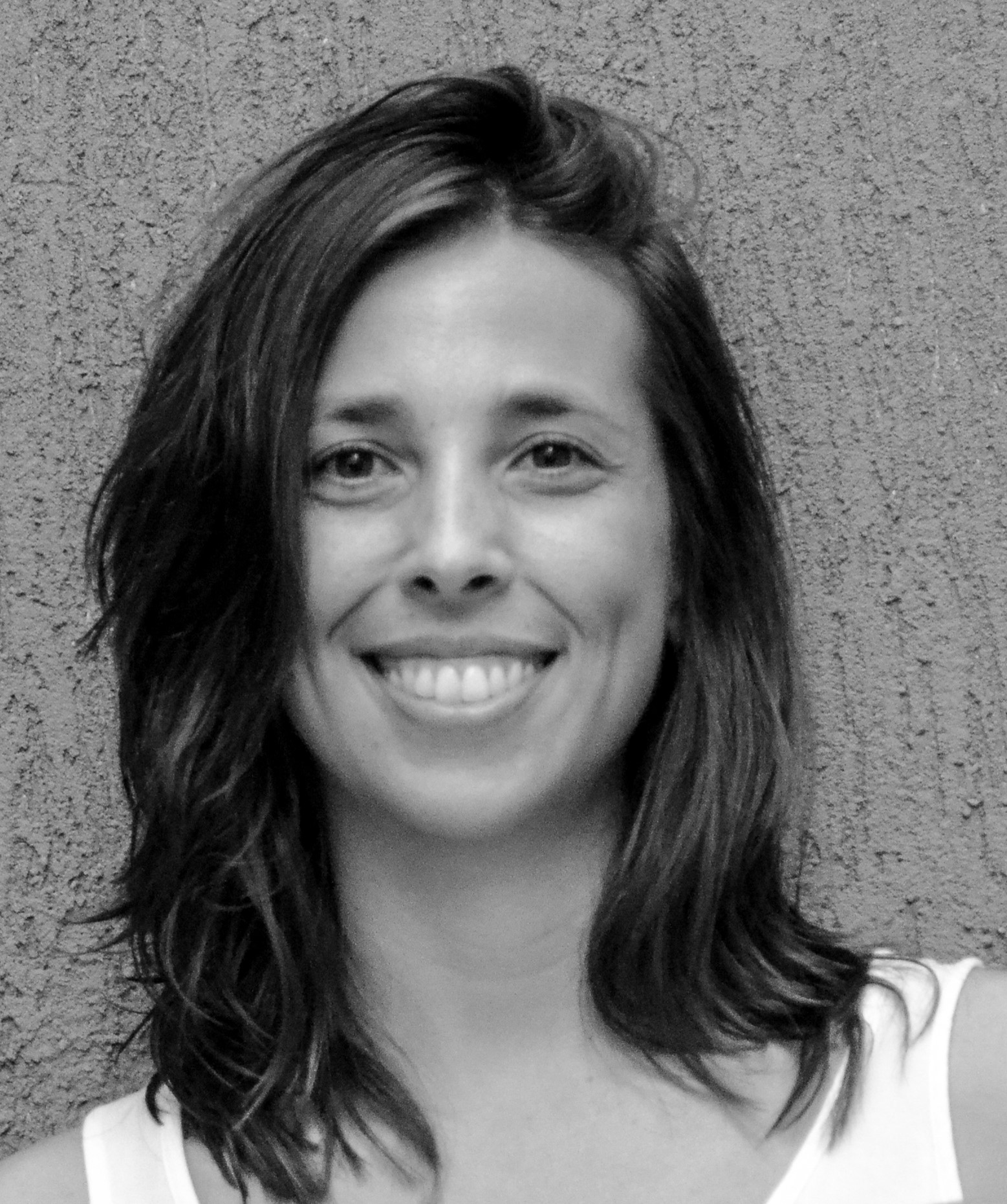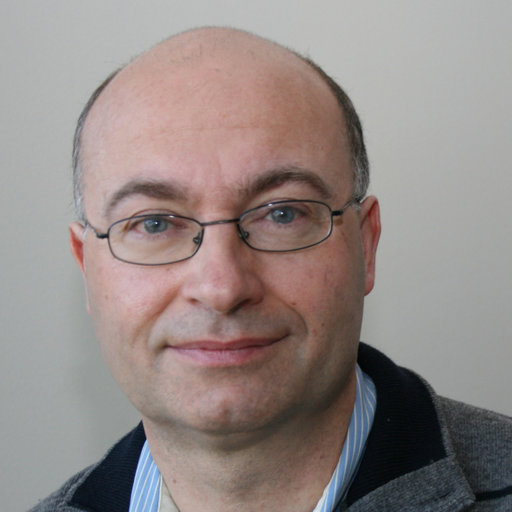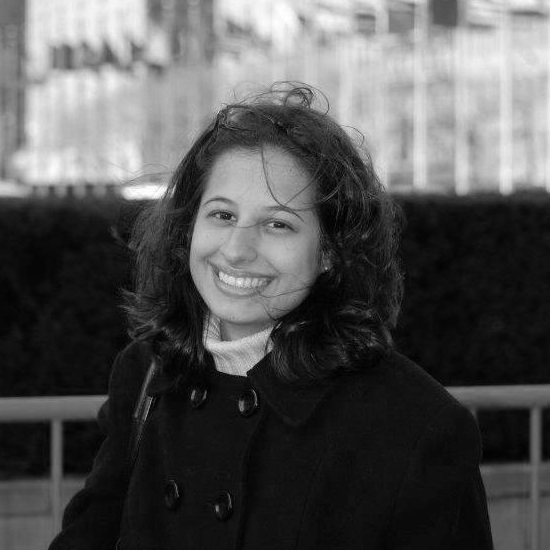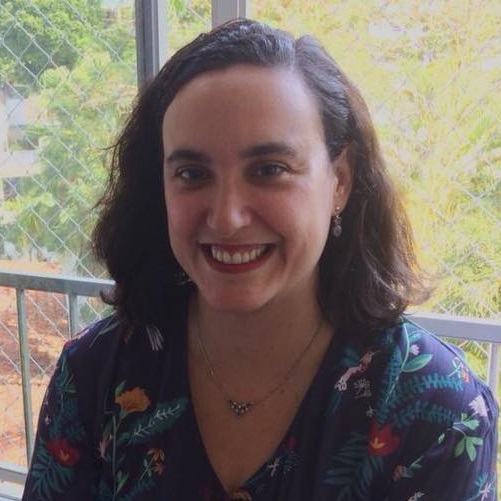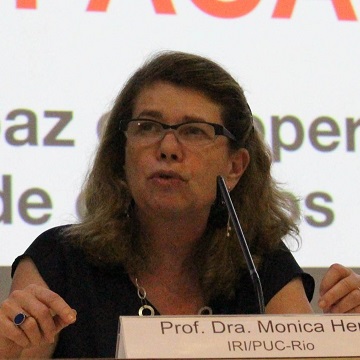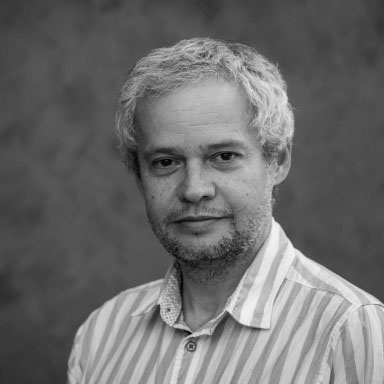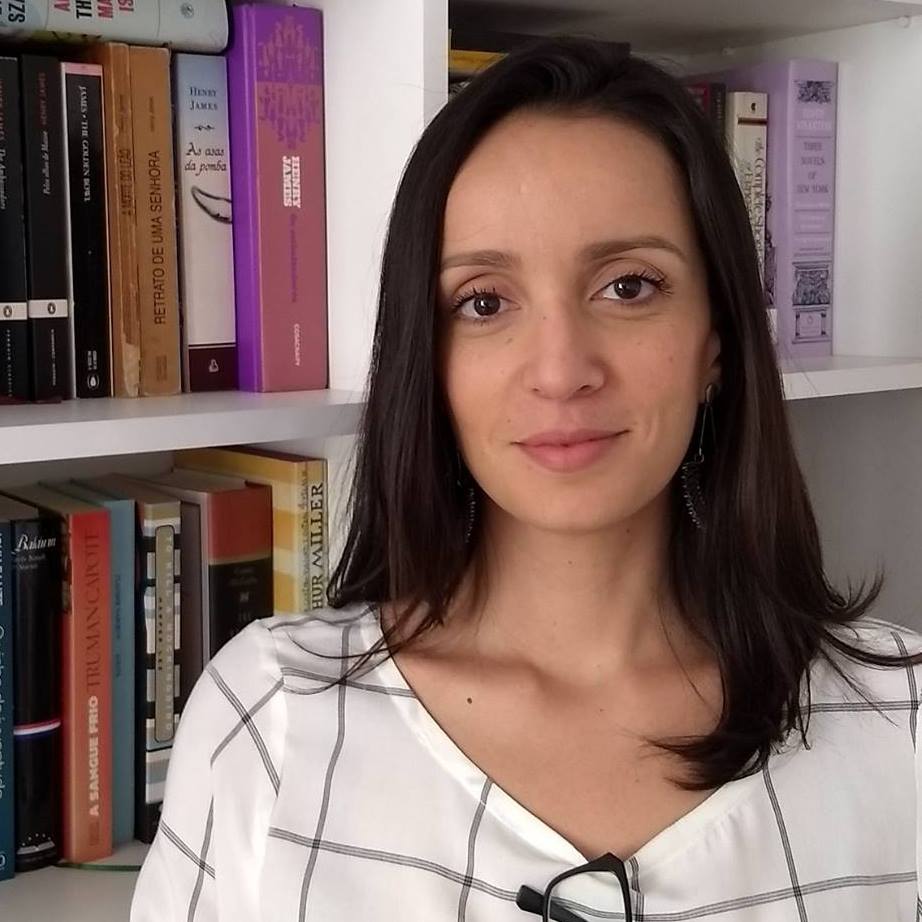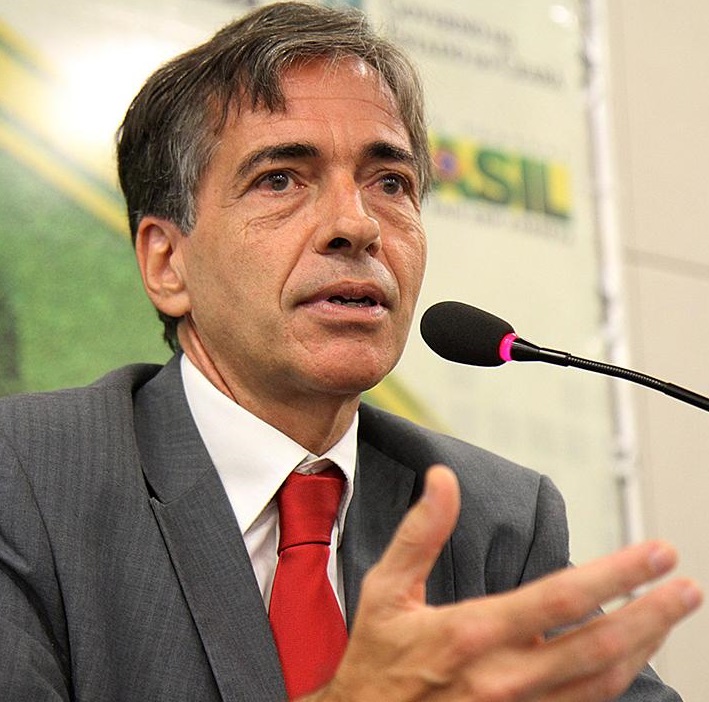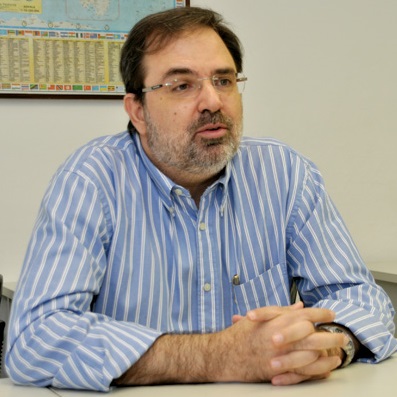Doctorate in Political Science and Cultural, Social and Political Thought from the University of Victoria (UVIC-Canada). Graduated in Social and Political Thought from Western University (UWO-Canada) and the University of KwaZulu-Natal (UKZN-South Africa), and Master’s in Political Science from the University of Victoria (UVIC-Canada). Professor of the Institute of International Relations (IRI) at Pontifícia Universidade Católica do Rio de Janeiro (PUC-Rio). Associate researcher of the Global South Unit of Mediation (GSUM) of the BRICS Policy Center (BPC/PUC-Rio), with the Senior Post-doctoral Scholarship of Fundação de Amparo à Pesquisa do Estado do Rio de Janeiro (FAPERJ/PDS – 2021). Post-doctoral researcher of the international network GlobalGRACE (Global Gender and Cultures of Equality) through Goldsmiths, University of London. Associate researcher of the Interdisciplinary Center for African Descendent Research and Heritage (NIREMA/PUC-Rio) and the Latin American Nucleus (NAL/PUC-Rio). Member of the research network Coloniality and International Politics and Research Network on Peace, Conflicts and Critical Security Studies. Full member of the Brazilian Association of International Relations (ABRI). Areas of research: postcolonial and decolonial studies; race, gender, sexuality, and class relations; urban politics; violence and conflict; international relations and globalization; political economy and development; education; Latin American and Brazilian social and political thought.
Archives: Equipe
Stefano Guzzini
Graduated in Study of Political Science, Modern History, French Literature from Universität Saarbrücken(1984), Master in Politics of the World Economy from London School of Economics and Political Science(1988), Master in International Relations from Institut d’Études Politiques de Paris (1987) and a PhD in Social and Political Sciences from the European University Institute (1994). He is currently a Professor at Uppsala University, full professor at the Pontifical Catholic University of Rio de Janeiro, Reviewer of the European Journal of International Relations, Researcher at the Dansk Institut for Internationale Studier, Member of the editorial board of Contexto Internacional (online), Member Member of the editorial board of Cooperation and Conflict, Member of the editorial board of International Political Sociology, Member of the editorial board of International Relations (London), Member of the editorial board of the Journal of Global Analysis, Member of the editorial board of Lithuanian Annual Strategic Review, Member of Editorial Board of Relaciones Internacionales (Madrid), Editorial Board Member of the Review of International Political Economy (Online), Editorial Board Member of the Spanish Yearbook of International Law, Chair of the Central and Eastern European International Studies Association, Journal Reviewer of The American Political Science Review, Compar Journal Reviewer active Political Studies, Journal Reviewer for Cooperation and Conflict, Journal Reviewer for the European Journal of Policy Research, Journal Reviewer for the International Organization, Journal Reviewer for the International Political Science Review, Journal Reviewer for International Political Sociology, Journal Reviewer for International Relations (London), Journal Reviewer for International Studies Quarterly (Print), Journal Reviewer for International Theory, Journal Reviewer for the Journal of International Relations and Development, Journal Reviewer for Millennium, Journal Reviewer for Perspectives on Politics, Reviewer Review of International Political Economy (Print), Reviewer of the Review of International Studies, Reviewer of the Rivista Italiana di Scienza Politica, Reviewer of the Zeitschrift für Internationale Beziehungen, Reviewer of the Zeitschrift fur Soziologie, Member of Columbia International editorial board Ational Affairs Online, Member of the editorial board of RELAÇÕES INTERNACIONAIS (LISBOA), Member of the editorial board of the International and Political Studies, Reviewer of a journal at POLITICAL GEOGRAPHY and Reviewer of a journal of the Revista Brasileira de Política Internacional. He has experience in the field of Political Science, with an emphasis on International Politics.
Paula Drumond
Professor of International Relations at IRI/PUC-Rio, PhD in International Relations/Political Science (IHEID; Geneva) and researcher at the Global South Unit for Mediation (GSUM, IRI/PUC-Rio). Paula is a member of the academic network of the Women’s International League for Peace and Freedom (WILPF) and associated with The Gender Centre, IHEID. She defended her PhD in International Relations at the Graduate Institute of International and Development Studies in June 2017, approved with a summa cum laude mention. He holds a master’s degree in International Relations from IRI/PUC-Rio, a degree in International Relations (IRI/PUC-Rio) and Law (UERJ). She worked as a professor and assistant coordinator of the Undergraduate Course in International Relations at PUC-Rio. Her line of research focuses on the area of gender, peace and security.
Paula Sandrin
Professor of International Relations at IRI/PUC-Rio, with a doctorate (2013) and master’s degree (2007- with merit) in International Relations from the University of Westminster and a degree in Social Communication from the Pontifical Catholic University of Rio De Janeiro (2004). She is co-editor of the journal Contexto Internacional: journal of global connections. Her teaching and research interests include the role of affects and emotions in global politics and economics; psychoanalytic approaches in IR; racial issues in RI; relations between the European Union and Turkey.
Monica Herz
She holds a PhD in International Relations from the London School of Economics and Political Science (1994). She is currently an associate professor at the Institute of International Relations at the Pontifical Catholic University of Rio de Janeiro (PUC-Rio). He has experience in the field of International Relations, with an emphasis on International Security, working mainly on the following topics: International Politics, International Organizations, International Security, International Relations of Latin America and Brazilian Foreign Policy. She has been a Scientist of Our State at Faperj since 2012 and a CNPq productivity fellow. She is the author of “International Organizations: Histories and Practices” (co-authored with Andréa Ribeiro Hoffman and Jana Tabak) (Rio de Janeiro: Elsevier, 2004); “Ecuador vs. Peru: Peacemaking Amid Rivalry” (co-authored with João Pontes Nogueira) (Boulder, CO: Lynne Rienner Publishers, 2002); and “The Organization of American States (OAS): Global Governance Away from the Media” (London: Routledge, 2010). She has published several book chapters by international publishers and articles in journals in Brazil and abroad. She is currently involved in research on the flow of weapons in Latin America, regional governance and Brazilian international security policy. It has a wide network of international cooperation for the study and research in the area of international relations.
Paulo Esteves
He holds a degree in History from the Federal University of Minas Gerais (1993), a master’s degree (1995) and a PhD (2003) in Political Science from the IUPERJ. In 2008 he completed a postdoctoral fellowship at the University of Copenhagen. He is Associate Professor at the Institute of International Relations of the Pontifical Catholic University of Rio de Janeiro and General Coordinator of the Center for Studies and Research – BRICS. In 2004, he organized the book “International Institutions: security, trade and integration” and, in 2010, he published the book “The Convergence between Humanitarian Practices and International Security” by the publisher Del Rey/FUNAG. During this period, he also published a series of articles and book chapters in the areas of international security, humanitarian protection and international development. He has experience as a consultant for the United Nations Development Programs and ECOSOC. He served as coordinator of International Relations for the Government of the State of Minas Gerais between 2004 and 2005. He was a consultant for CNPq and CAPES on several occasions and is a member of the editorial board of publications such as International Political Sociology and Revista Contexto Internacional. He is a founding partner of the Brazilian Association of International Relations (ABRI) of which he was director between 2005 and 2009 and president between 2011 and 2014. He is currently conducting research in three areas: (i) convergence of the fields of international security, humanitarian protection and development, (ii) international development with an emphasis on south-south cooperation and the 2030 agenda, and (iii) emerging powers.
Marta Fernández
PhD in International Relations from the Institute of International Relations of the Pontifical Catholic University of Rio de Janeiro (2011) with a CAPES sandwich scholarship at the University of St. Andrews, Scotland (2010). She holds a master’s degree in International Relations from IRI-PUC-Rio (1996). Adjunct Professor II, 40 hours, exclusive dedication, at the Pontifical Catholic University of Rio de Janeiro. Director of the Institute of International Relations at PUC-Rio (2016-2020). She was coordinator of the Undergraduate Program in International Relations at IRI/PUC-Rio (November 2012 to March 2014). She was the coordinator of the Postgraduate Program at IRI/PUC-Rio (February 2016 to December 2016). Young Scientist of Our State Scholarship from FAPERJ (2017-2018). CNPq Research Productivity Scholarship – Level 2. Brazilian publisher of Palgrave Macmillan’s Global Political Sociology series. Fiscal Counselor at ABRI (Brazilian Association of International Relations). Coordinator of the TEPP Program (Tutoring and Teaching and Research) at the Institute of International Relations at PUC-Rio that researches Africa(s) (2012). Tutor of the PET Program (2013-2016) She taught at Universidade Cândido Mendes, Unilasalle, Universidade Estácio de Sá and Universidade Dom Bosco. Teaching experience in the areas of: Post-colonial Studies, Introduction to International Politics, Theory of International Relations, International Security, International Organizations, Formation of the International System, History of the 20th Century and Contemporary International Relations. She coordinated the International Relations course at the Estácio de Sá-Niterói University (1998-2003). Affiliated to the Brazilian Association of International Relations (ABRI) and the International Studies Association (ISA). Member at-large of IPS (International Political Sociology) in 2017. Researcher of the International Project GlobalGRACE (Global Gender and Cultures of Equality). Her main areas of interest and publications focus on: Theory of International Relations, Post-Colonial and Decolonial Studies, Aesthetics, Race and Gender Relations, South-South Cooperation, Critical Development Perspectives.
Maíra Siman Gomes
She holds a degree in International Relations from the Pontifical Catholic University of Minas Gerais (2006), a degree in History from the Federal University of Minas Gerais (2005) and a Master’s in International Studies (with an emphasis on Political Science) at the Graduate Institute of International and Development Studies, Geneva, Switzerland (2008). PhD in International Relations from the Pontifical Catholic University of Rio de Janeiro (PUC-Rio). Adjunct Professor at the Institute of International Relations of the Pontifical Catholic University of Rio de Janeiro (IRI /PUC-Rio). Has teaching experience in the area of Conflict Resolution; Critical Security Studies, Peacekeeping Operations, Foreign Policy Analysis; History of International Relations. She is a Young Scientist Scholar of Our State from FAPERJ and a Productivity Scholar from CNPq. Researcher at the “South Global Unit for Mediation ” (GSUM), belonging to the Institute of International Relations at PUC-Rio. She is currently coordinator of the project “Espaço Política Externa” (EPE) and academic coordinator of the Center for Studies on Democracy and the Armed Forces (NEDEFA). Her areas of interest and research are: Peace and Conflict Studies; Critical Security Studies, Peacekeeping Operations; Analysis of Brazilian Foreign Policy and Foreign Policy.
Luis Manuel Rebelo Fernandes
He holds a degree in International Relations from Georgetown University (1979), a Master’s in Political Science (Political Science and Sociology) from the Instituto Universitário de Pesquisas do Rio de Janeiro – IUPERJ (1989) and a PhD in Political Science (Political Science and Sociology) from the Instituto Universitário of Research in Rio de Janeiro – IUPERJ (1997). He is currently a professor at the Institute of International Relations (IRI) at the Pontifical Catholic University of Rio de Janeiro and an adjunct professor at the Federal University of Rio de Janeiro. As a public manager, he served as Executive Secretary of the Ministry of Science and Technology, President of the Financier of Studies and Projects – FINEP, Scientific Director of the Carlos Chagas Filho Foundation for Research Support of the State of Rio de Janeiro – FAPERJ, Executive Secretary of the Ministry of Sport and Coordinator of the Executive Group of the 2014 World Cup, as well as Special Advisor to the Minister of Defense. His research activity focuses on themes of Political Economy of International Relations; with emphasis on the Challenges of Innovation and Development in the Age of Knowledge, the Reconfiguration of Power Relations in the Post-Cold War International System and the Transformations in Socialist and Ex-Socialist States.
João Pontes Nogueira
He holds a degree in Economics from the Federal University of Rio de Janeiro (1984), a Masters in International Relations from the Pontifical Catholic University of Rio de Janeiro (1994) and a PhD in International Relations from the University of Denver (1998). He developed his postdoctoral research at the University of Victoria (UVIC), Canada, where he worked as a visiting professor. He has been an adjunct professor at the Institute of International Relations (IRI) at the Pontifical Catholic University of Rio de Janeiro since 2000. He was executive secretary and director of the Brazilian Association of International Relations (2005-2009), of which he was one of the founders. He has experience in the field of International Relations, working mainly on the following topics: theory of international relations, international political sociology, inequality in world politics, humanitarianism, BRICS. He was Director of the Institute of International Relations at PUC-Rio between 2008 and 2012 and General Supervisor of the Center for Studies of the BRICS Countries (BRICS Policy Center) during the same period. He was Editor-in-Chief, with Jef Huysmans, of the journal International Political Sociology (IPS), of the International Studies Association (ISA) from 2012 to 2016, and member of the editorial board of several national and international journals.

